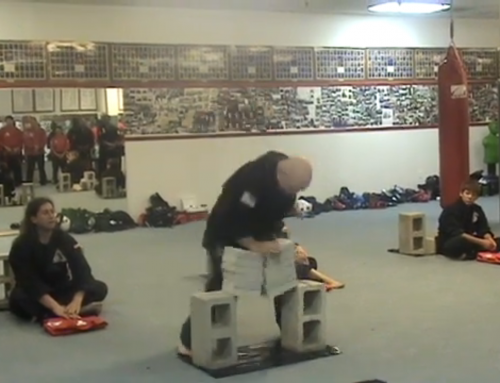Effective leaders employ many skills, but none are more important than your listening skills. If you search the web for “leadership skills” you’ll find many lists of various sizes. While all of those skills are useful, listening is the only skill that is so essential that without it, it is impossible to be an effective leader.
It is theorized that early hominids, such as Homo habilis, Homo Erectus, and early Homo Sapiens most likely communicated using gestures. Sometime around 100,00 years ago hand gestured were augmented with and eventually replaced with facial gestures that were accompanied by vocalizations. This evolved into language which greatly increased our ability to learn from each other. As leaders, one of our most important tasks is to learn what is going on with our team. Of course, in order to learn anything using the spoken word, we must first know how to listen.
Leadership Skills Dependent on Listening Skills
Listening is a pre-requisite to effective in almost all leadership skills. Here are some examples:
- Relationship building – you can not create a relationship with someone without learning about them and you can’t learn about them if you don’t listen well.
- Agility and Adaptability – if you don’t know what is going on around you, you can’t adapt to new situations. This requires listening to your team, your customers, and your vendors.
- Effective Decision Making – without good information, good decisions are an accident. If you can’t listen, you won’t get good information.
- Conflict Management – you need to learn all sides of a conflict. Once again, if you don’t listen well, you may miss out on important information that could lead to a great solution.
- Critical Thinking – no matter how good your critical thinking skills may be, garbage in – garbage out. If you don’t have all the information because you failed to listen, you can’t properly analyze a situation.
- Effective Delegation – in order to properly delegate (see The 6 Keys to Effective Delegation), you have to listen to periodic updates
There is no more important skill than Listening so listen up and learn how to be more effective.
How to be a Better Listener
- Make eye contact. We pay attention to what we focus on. If someone is looking away, it becomes easy for the mind to wander and miss important information. Also, 55% of communication is still non-verbal. Remember, language evolved from gestures and while gestures alone can not provide the entire message, they do represent a significant part of the information presented.
- Be present. It’s virtually impossible to listen well when distracted by other thoughts. If you’re thinking about something that has happened or may happen you aren’t present. Learn to compartmentalize. If you can’t be present, you probably shouldn’t be having the conversation because clearly something else is more important.
- Ask for a pause. When someone says something that you need to process in your head, ask for a pause. I will frequently say something like “Hold on, I need to think about that for a second.” This gives me time to fully absorb the information.
- Restate the information back to them. Make sure you understand key concepts by paraphrasing the information back to the person with whom you are speaking. This helps ensure you are accurately receiving the information while simultaneously sending a signal that you are listening.
- Ask relevant questions. Don’t forget to ask good, relevant questions. One of the things I do after asking for a pause is ask myself “what does this mean?”, “what does this affect?”, “what if this goes wrong?”, etc. and then ask that question back.
- Ask “what else should I be asking?” I really like this question because it uncovers pre-conceptions about what the other person thinks you already know. This will frequently supply additional vital information.
- Slow down. Frequently we become so focused on what we want to say we stop listening. Remember, you’re the boss so you are in control. Take your time to gather information before you respond. They aren’t going anywhere until you release them from the conversation.
Use these seven steps to becoming a better listener and a better leader.










